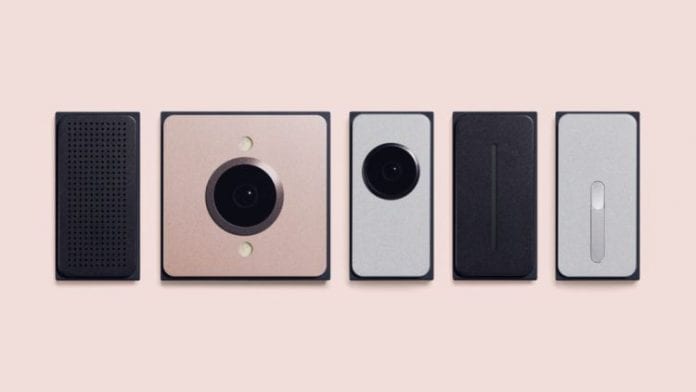The closure of the Project Ara by Google was announced recently and it seems like the idea to make an interchangeable component smartphone seems to be dead. The move was met with some curiosity especially considering that in May during the company’s I/O conference, the company had hyped the Project Ara again after a year long silence. The company loudly claimed then that close to 30 people in the company’s Advanced Technology and Project’s Lab (ATAP) had been using the phone. However, to some people in the tech circle, the move is not so surprising.
The Project Ara phone, first begun at Motorola Mobility, which at the time was under the guidance of Regina Dugan, who is the former head of DARPA. After the acquisition of Motorola by Google, Dugan was still put in charge by the company over the Project. However, before the beginning of the May conference, Dugan left the company and chose to go to Facebook, where she wanted to start a DARPA inspired team as well. After leaving Google, she spoke of the various challenges which they had faced with Project Ara and ATAP.

She said that the company and team’s efforts to create groundbreaking impossible technologies had been faced with some serious challenges. Organizational challenges, technical challenges, basically challenges which would have broken lesser teams she said. Writing to her former team at ATAP in a blog post, she said that formation of ATAP had also included provision for these kind of challenges. Challenges such as facing the fear of failure, something which the team had signed up to by joining the project, she wrote.
The words might be analyzed in different ways especially if you consider that between Google, the company she left, and Facebook, the company she went to work for, Google is bigger. Facebook can not say they have the same ‘organizational challenges’ as there would be at Google because of the difference in company stature. The search giant’s closure of Project Ara means they are struggling to become more creative as they continue to be a technology behemoth. It’s difficult to create small things to work when you become a bigger person, so many people think.
Dugan’s move to Facebook saw the creation of a new team named Building 8. The concept of the group is the same as that of ATAP. However, Facebook is still small enough (compared to Google) to care about these kind of projects and give them all the attention and care needed for them to break into something great. Therefore it has a better chance of succeeding at Facebook.
Google realized this a year ago, which culminated in the company breaking itself up and creating a parent company, Alphabet. They split themselves into different divisions and companies and many of them now stand on their own but they still are under Alphabet. The company intends to run the offshoots into their own big boys and individuals. The idea was that the smaller companies would be nimble enough to have such projects fostered, and also they could grow well enough that Google would eventually offer some stock options in them. However, it’s always not as easy as it sounds. Google Fiber, an Internet network company is now run by another separate Alphabet company, Access. And rumor going around show that the company needs to balance its books.








